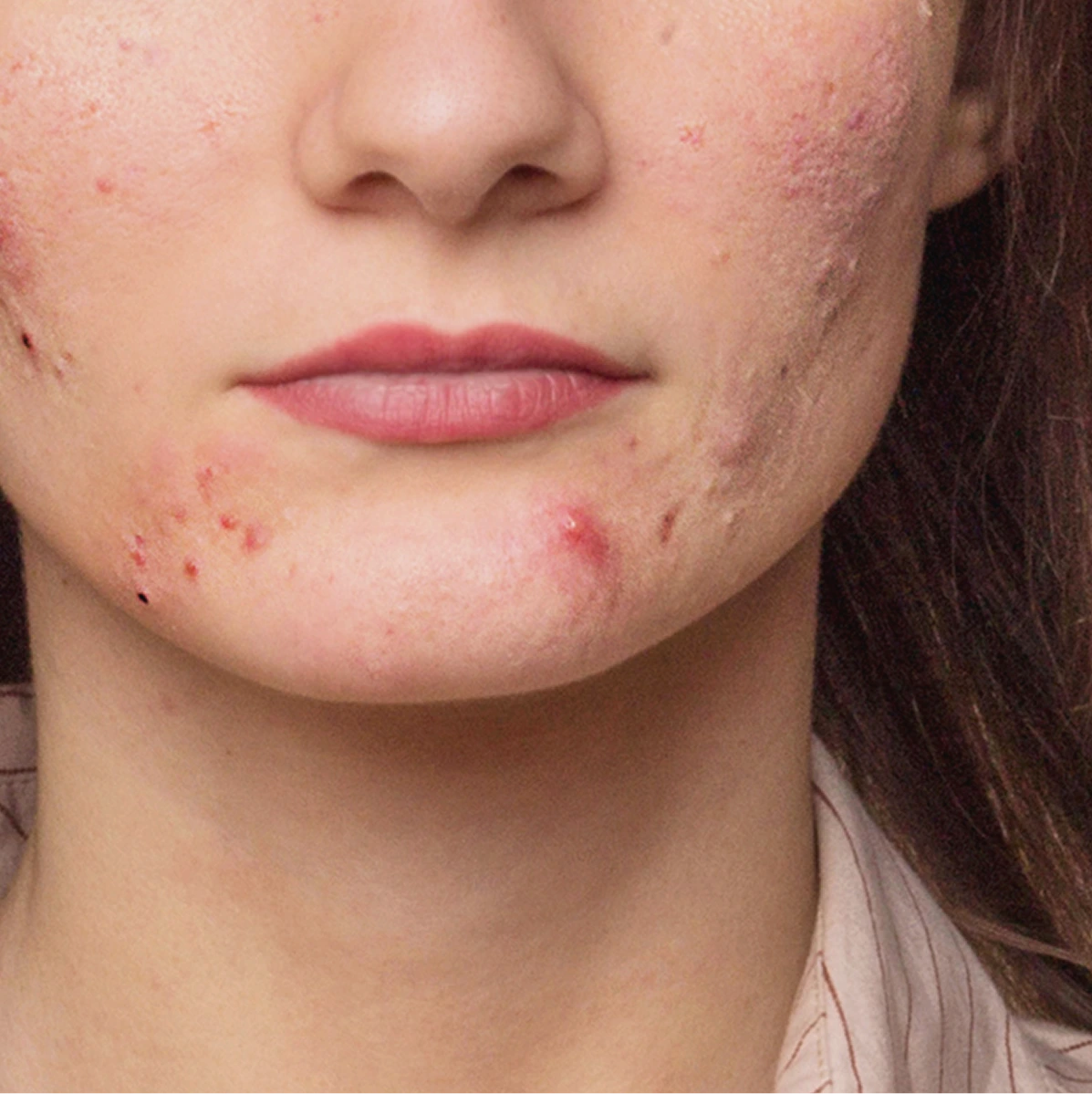
Dealing with a painful boil can be uncomfortable, embarrassing, and concerning, especially if it interferes with your daily activities. At Regency Specialties in Phoenix, AZ, we understand the discomfort and frustration that come with these skin infections. Our team is dedicated to addressing your concerns with compassionate, professional care, guiding you through every step of treatment. From accurate diagnosis to safe drainage and follow-up care, we focus on relieving pain, preventing infection, and promoting faster healing so you can feel confident and comfortable again.
Our skin acts as a protective barrier between our bodies and the outside world, shielding us from bacteria, irritants, and other harmful agents. At times, this barrier is breached, allowing bacteria or other pathogens to enter and trigger an inflammatory response beneath the skin. When this happens, the body attempts to isolate the affected area, forming a localized collection of pus and dead tissue commonly known as a boil.
While the immune system often resolves these infections on its own, some boils can persist, enlarge, or become increasingly painful, requiring professional medical treatment. Understanding when and how to treat boils is essential for preventing complications and promoting faster healing.
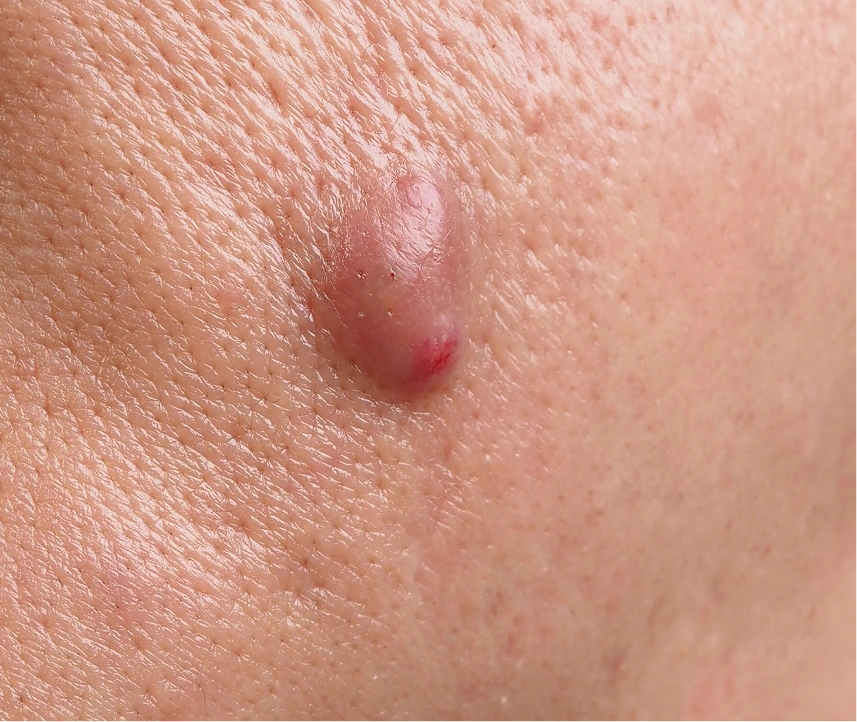
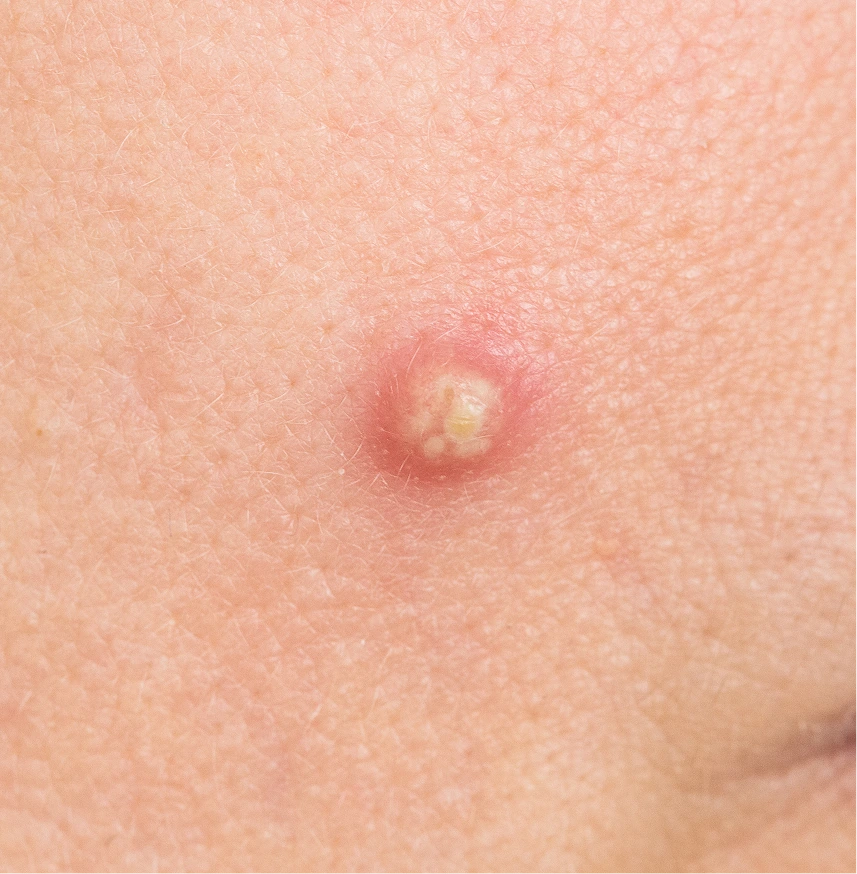
During a consultation at Regency Specialties, our team carefully evaluates the patient’s condition by examining the affected area and assessing their skin barrier to identify any weaknesses or signs of infection. We review the patient’s medical history to understand underlying factors that may contribute to recurrent boils or skin issues. A culture may be obtained to determine the specific bacteria causing the infection, allowing us to tailor treatment for the most effective results and promote faster healing.
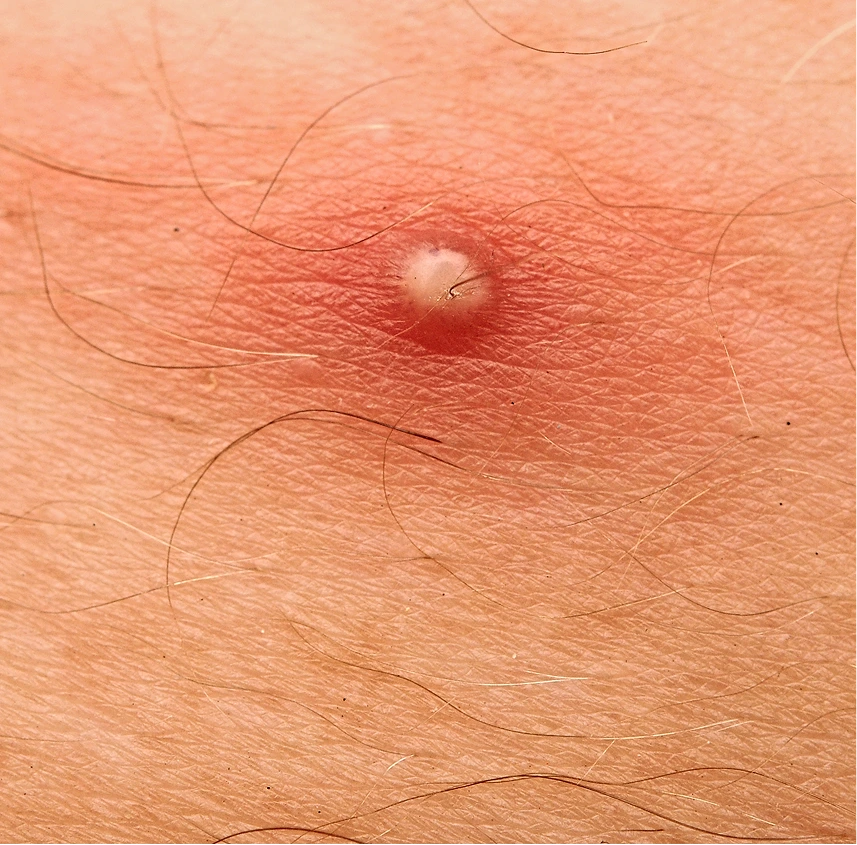

Our board-certified dermatologists are here to help you manage symptoms and reduce inflammation, whether you are dealing with a simple boil, a carbuncle, or more complex conditions. For some patients, topical creams or other treatments may be recommended to promote healing and prevent further infections. Those with HS lesions or recurring issues, including HS patients prone to flare-ups or complications, may require a combination of medical therapies and surgical interventions to control the condition effectively.
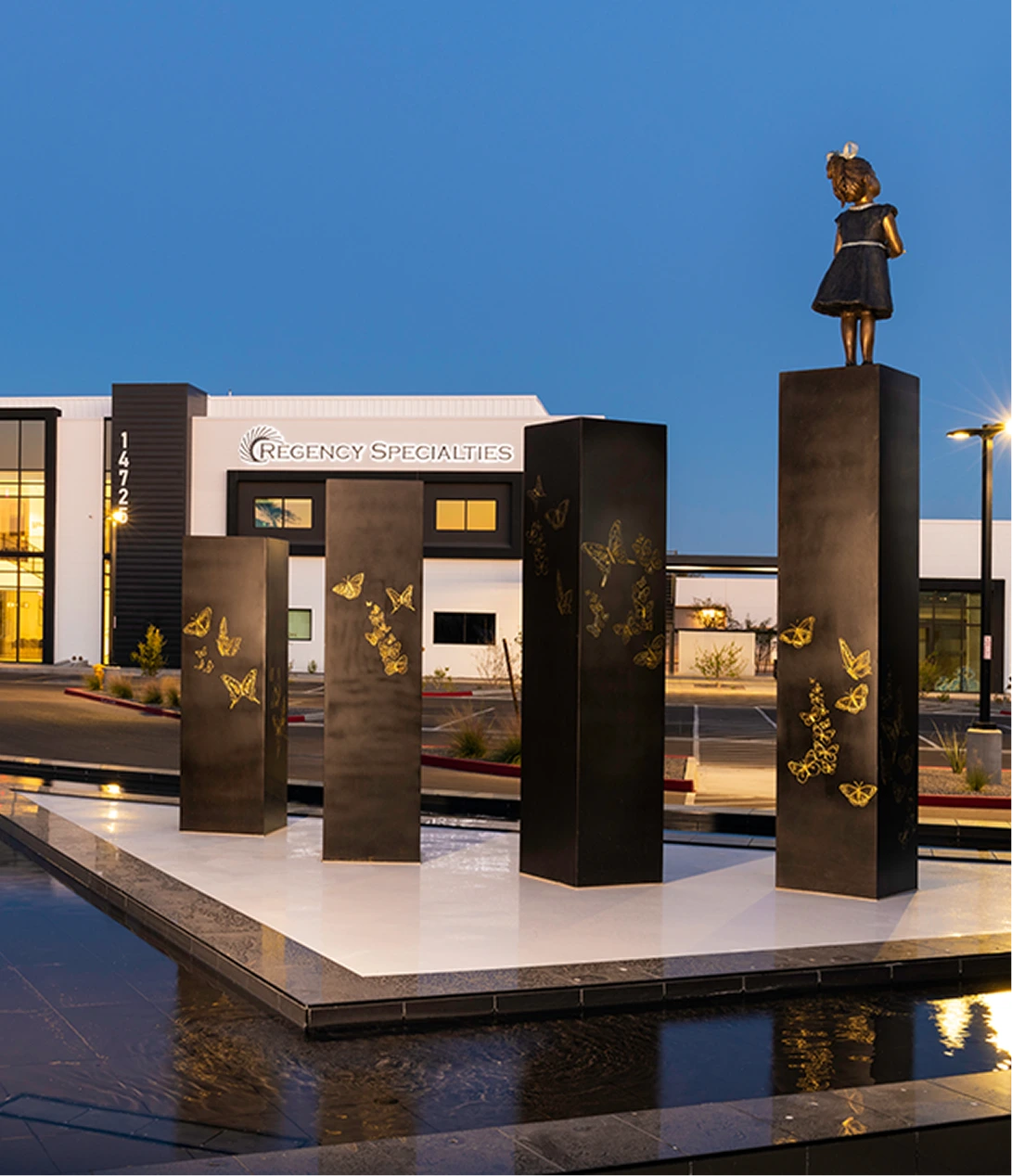
Preventing bacterial infections involves good hygiene, lifestyle modifications, and avoiding skin-to-skin contact with infected individuals. We recommend wearing loose-fitting clothing to reduce friction and irritation. Managing flare-ups early, cleaning affected areas, and monitoring common symptoms like red blisters, painful abscesses, or sinus tracts can help reduce the risk of recurrent boils.
Boils are rarely a sign of skin cancer. However, persistent or unusual boils may sometimes indicate other medical conditions, so it is crucial to have any suspicious or recurring skin lesions evaluated by a healthcare professional.
Hormonal changes can affect the skin and increase the likelihood of developing boils. Excessive sweating, poor hygiene, and shifts in hormone levels can influence the severity of outbreaks and contribute to the development of new boils. Monitoring these factors and maintaining good skin care can help reduce the frequency and severity of boil formation.